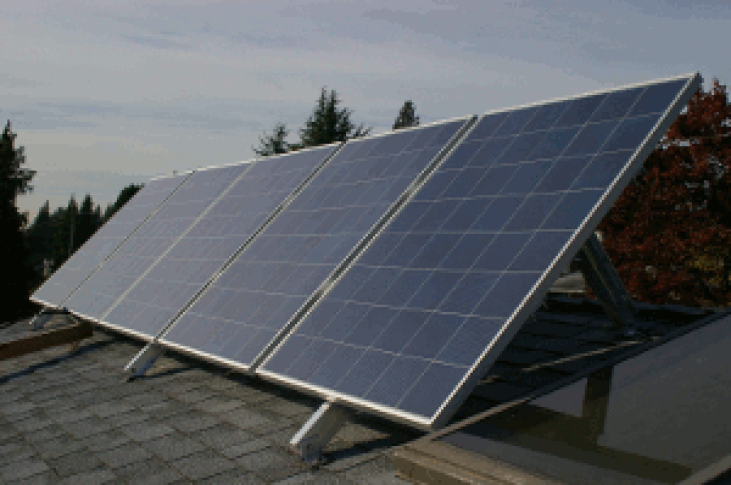
Foto:Rob Baxter
Fantsuam se debate con el problema de la falta de energía eléctrica porque sus baterías solares están ya prontas para el recambio. Since July 2011, Fantsuam Foundation’s host communities in Kaduna state have witnessed ongoing communal strife that has left hundreds dead and homeless and destroyed livelihoods. At the height of the sectarian crisis, all local and international NGOs closed shop, except Fantsuam Foundation.
It is in this context that Fantsuam’s ZittNet wireless service has been operating, offering a lifeline enabling it to remain in touch with the wider world, allowing the communities it serves to reach out to distant friends and relatives.
The economic downturn resulting from the ongoing violence made it difficult for Fantsuam to pay its internet bills. It spearheaded a broadband consortium with various educational, health and faith-based institutions in the region, to negotiate cheaper bandwidth from private service providers, but this solution proved too costly for most.
In the end, help came unexpectedly from the Nigerian government, which directed that Fantsuam’s bandwidth subscription should be restored. Between declining solar battery power, its diesel generator and the occasional grid power, it manages to remain connected for at least eight hours each day. “We can’t complain,” say Fantsuam’s directors.